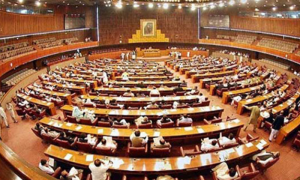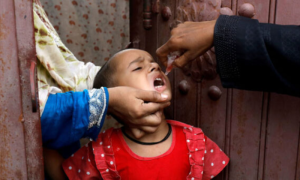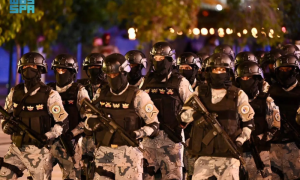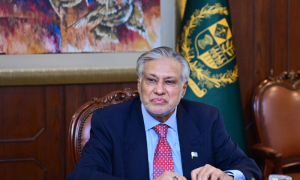15th report of the Daesh and Al-Qaeda/Taliban Monitoring Team, submitted to the UN Security Council past week contains eye opening facts. According to this report, the banned militant network Tehreek-e-Taliban Pakistan (TTP) is the “largest terrorist group” in Afghanistan. One can say unhesitatingly that UN reports has endorsed Pakistan’s genuine concerns that the current Afghan ruling regime is harboring the banned TTP and facilitating its cross-border terrorism. UN report has clearly stated “TTP remained the largest terrorist group in Afghanistan, with an estimated strength of 6,000–6,500 fighters. Greater collaboration between TTP and Al-Qaida could transform TTP into an ‘extra regional threat”.
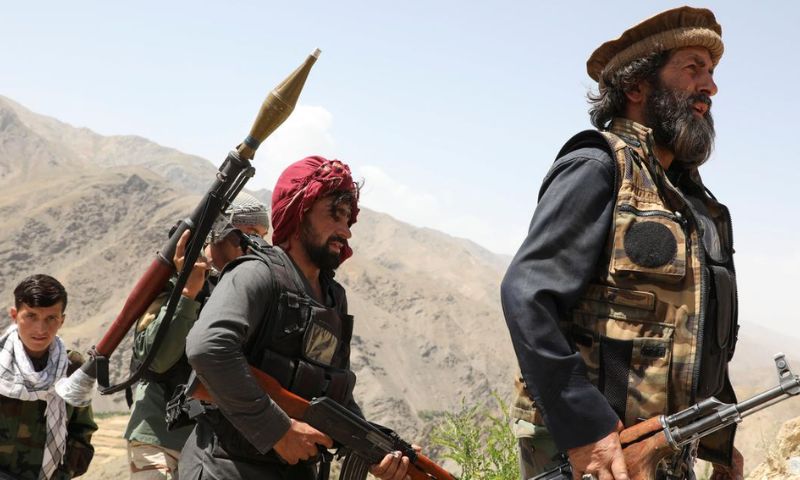
Foreign office of Pakistan has sensitized the Afghanistan on the issue of terrorism at numerous occasions. Earlier in November past year, Pakistan issued a strongly worded statement against the Interim Afghan Government, pointing out a 60 percent increase in terrorist attacks and a 500 percent surge in suicide bombings since the Taliban’s return to power in 2021. Then caretaker PM Anwar-ul-Haq Kakar said “there was evidence the Afghan Taliban were facilitating such attacks despite repeated requests from Pakistani authorities to prevent their soil from being used against any state. 15 Afghan nationals were involved in suicide attacks in Pakistan while 64 had died in clashes with Pakistani law enforcement agencies”.
TTP and Afghan Taliban
Subsequently, Pakistan also launched a deportation drive against illegal immigrants, primarily Afghans, amid growing security concerns. Unfortunately, Interim Afghan regime is not in any mood to take these concerns seriously. Persistent inaction on Pakistan’s terrorism specific concerns reflects Afghan Taliban’s deeper linkage with the banned TTP and its various splinter groups.
Recent report submitted by UN Sanctions Monitoring Team to UNSC further disclosed “Notwithstanding continuing assertions by the Taliban that there are no foreign terrorist groups in Afghanistan other than ISIL-K [Islamic State of Iraq and the Levant, Khorasan chapter], Member States reported that over two dozen groups still operate in the country, enjoying freedom of maneuver under the de-facto authorities with oversight from the General Directorate of Intelligence. One Member State detailed how the Taliban exerts pressure on TTP through funding, reportedly providing 3.5 million afghanis ($50,500) on a monthly basis to TTP leader Noor Wali Mehsud … while also directing him to garner additional sources of revenue from donors”.

The report further highlighted weapon transfers to TTP as well as the release of Daesh prisoners from local jails after securing their consent to join the banned Pakistani militant network. Nature of nexus between Afghan Taliban and the banned TTP can be understood from the UN report which disclosed the Afghan Taliban had remained concerned that excessive pressure might push TTP towards collaboration with Daesh.
Report of UN monitoring body has amply endorsed the point of view of Islamabad by stating that the TTP had intensified attacks against Pakistan increasing from 573 in 2021 to 715 in 2022 and 1,210 in 2023, with the trend continuing into 2024. Report has used the data updated till May 2024. Taliban regime continues to turn a blind eye on the undeniable facts. Report has categorically pointed out that how banned TTP was provided the advanced military equipment including night vision devices after the Taliban takeover. Transfer of US left over weapons to banned TTP had added lethality to the terrorist attacks inside Pakistan. Report has made another specific endorsement to Pakistan’s claims of the involvement of Afghan nationals in terrorism episodes such as the Bisham attack, which claimed the lives of five Chinese engineers.
Pakistani PM’s Proposal at SCO
According to the UN report, Al Qaeda’s support to TTP includes “sharing of Afghan fighters for its Tashkils (military staffing or a formation) and training camps in Afghanistan. Training provided by AQIS (Al-Qaeda in Sub-continent) has resulted in TTP shifting tactics and high-profile attacks against hard targets”. Denial mode may not help Taliban regime on account of TTP because the international community is considering the presence of hardcore terrorist groups like IS-K and AQIS as a potent threat to regional security.
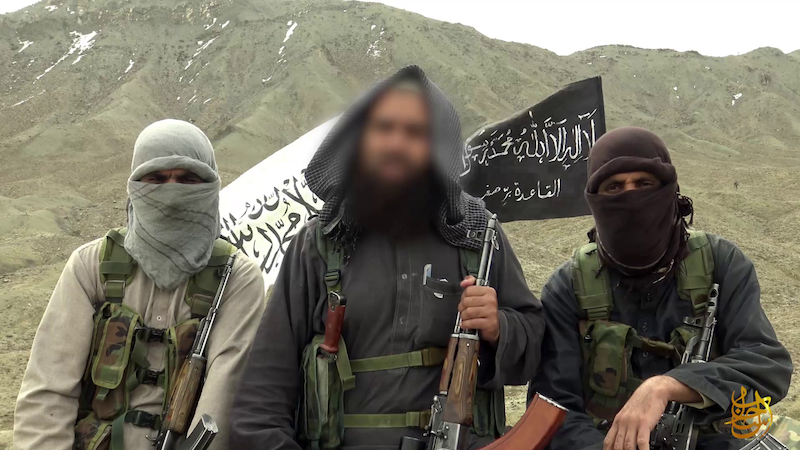
IS-K, which has recently expanded its outreach to Russia, claiming a couple of daring attacks, features prominently in the UN report, which notes the Afghan Taliban’s success against this threat, also highlights glaring gaps. IS-K and its affiliates in the region are estimated to have around 4,000 to 6,000 fighters, while others assess the core strength at 2,000-3,500. They have reportedly infiltrated the main ministries of interior, defence and intelligence while also seeking to covertly embed members in other groups such as TTP.
In this context, Pakistani PM’s proposal at SCO meeting merits due attention which stressed upon to fight the terrorism with unified efforts. This eye-opening report submitted in UNSC has disclosed that how the terror networks are nurturing under the watch of Afghan Taliban. Undeniably, Pakistan in the entire region is the biggest sufferer of the cross-border terrorism emanating from Afghanistan.













